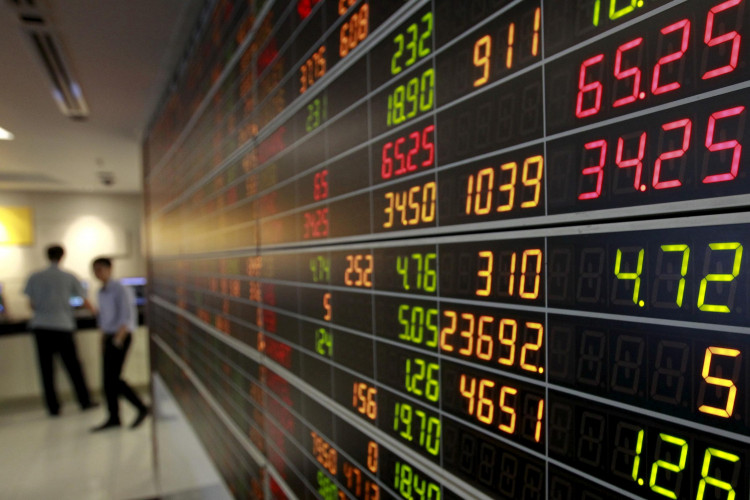After a mixed bucket of economic data coming from the Chinese trade and finance landscape, Asian stocks continue to wobble, as analysts expected. Since prior to the escalation of the trade uproar between "warring" parties the US and China back in August, Asian markets continued to bear the brunt of the discord.
Official data showed that China's economy expanded at a rate of 6 percent year-over-year, less than the average 6.2 percent forecasts by Wall Street economists, and the worst rate of growth since the first quarter of 1992.
China predicts its annual gross domestic products to grow this year from 6 percent to 6.6 percent, down from the 6.8 percent rise of last year.
Since Chinese GDP growth slumped, stocks cushioned earlier losses, while monthly industrial output beat market observers' forecasts.
When investors look to a possible trade deal between Washington and Beijing this coming November, the metrics may have little relevance, if at all.
In Hong Kong, shares were on a steady decline, while trading in Tokyo, Shanghai, and Seoul markets are likewise limping along with American futures.
Nevertheless, traders were rather happy with what they are seeing, given the ongoing friction in the global trade front and indications of a broader market slowdown, the figures were not really that worse.
"Although GDP is challenging the lower limit of the official 6-6.4 percent annual range, today's late numbers suggest there is a very limited risk of exceeding the target's lower limit this year," Stephen Innes, AxiTrader's Asia-Pacific market analyst, wrote in a note.
He added that though "threat resources" are not all blinking in the green zone, "investors may heave a sigh of relief."
Japan's Nikkei grew 0.34 percent higher as core inflation reading to 0.25 percent in September, the lowest level since April 2017, but in line with the forecasts of analysts.
Hong Kong's Hang Seng Index was down 0.10 percent, giving up early gains, while the Shanghai Composite declined 0.1 percent, the Shenzhen Composite down 0.62 percent, and the Shenzhen Composite wobbling by 0.50 percent.
South Korea's Kospi was also stable at 0.32 percent, while Taiwan's main indices were weak at 0.21 percent, Singapore fell 0.41 percent, Indonesia down at 0.12 percent and Malaysia retreating 0.21 percent.
Robotics manufacturer Fanuc rose 2.41 percent in Tokyo, together with Rakuten which grew 1.93 percent and Quick Retailing at 2.03 percent. In Hong Kong, Sunny Optical rose 1.70 percent and AIA earned 0.11 percent, while property developers Wharf Real Estate advanced 1.32 percent late Thursday.






